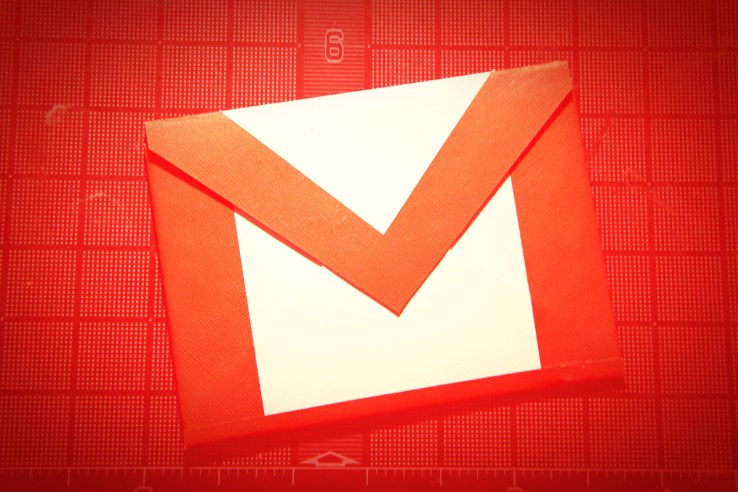

Google today said that its machine learning models can now detect spam and phishing messages with 99.9 percent accuracy.
While this still means that one out of a thousand messages gets through (so Barrister Jon Price still has a decent chance of getting to inform you of that random online lottery winning of £552,000,00 you weren’t expecting), the company argues that this is a pretty good number. And I guess that’s true, given that according to Google’s own data, 50-70 percent of messages that Gmail receives are spam. These detection models also integrate with the Google Safe Browsing tools for detecting links to malicious URLs.
To further improve its phishing-detection performance, Google also built a system that delays some Gmail messages for a little bit longer to perform more detailed phishing analysis. Because phishing attempts are more easily detected when you look at them in aggregate, Google will delay some of these suspicious messages to perform a deeper analysis as more data comes in over time and as its algorithms update in real time. This should only apply to about 0.05 percent of messages, though.
Another new feature Google is bringing to Gmail is mostly meant to help businesses protect their data. Now, if you reply to an external email from somebody with whom you don’t regularly communicate, Google will show you a warning that asks you if you really intended to send this email. For enterprises, Google already offers a sophisticated set of filters that try to prevent this kind of unintended (and occasionally intended) data sharing, but for companies that don’t want to set this up, this new system offers at least some basic protections.
Last but not least, Google is also now adding new click-time warnings that will notify users when they are about to click on a malicious link that could lead to a malware site.
Featured Image: Cairo/Flickr UNDER A CC BY 2.0 LICENSE

